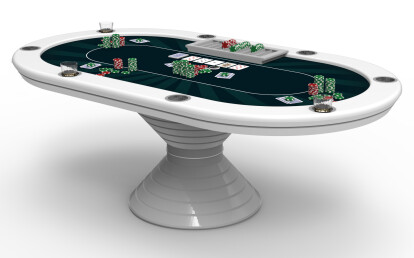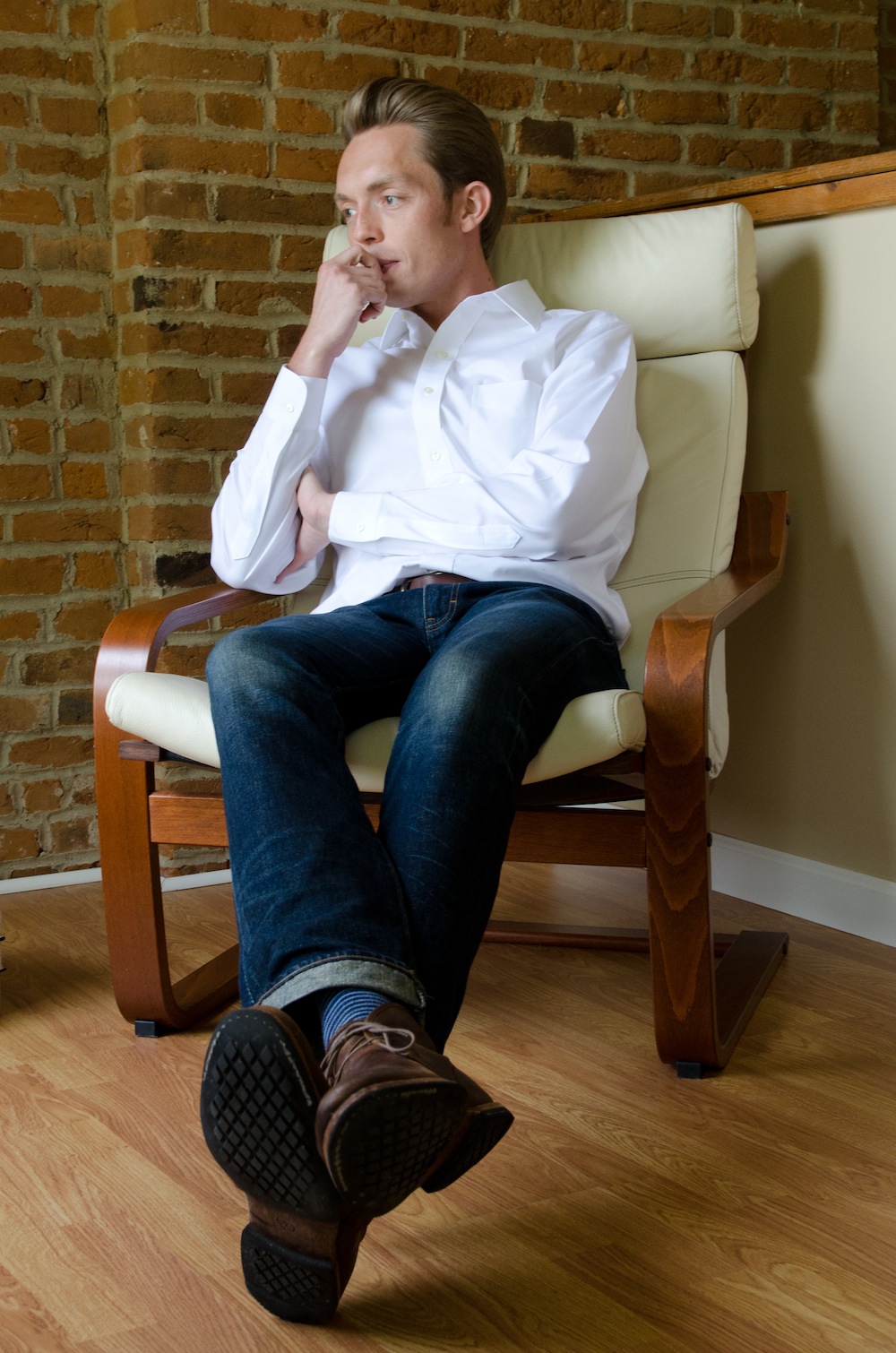We never seat more than 9 at a table, except for the final table, we start that with 10. We have over 34 members but not everyone makes it each month so we try to limit it to 27 players although. In your poker tournament there will be times that players need to be moved from one table to another. Such times arrive when players bust out of the tournament and the tables don’t have the same number of players seating at them. If table A has two, or more players more than table B, a random player has to move from table A to table.
There’s a reason round tables are out of vogue; they just don’t hold as many people as oval or octagonal models do. Most round poker tables hold 4 people, 5 if you squeeze in. Square Poker Tables. Description of the positions at a ten-player poker table. In Texas Hold’em there are four rough categorizations of the position at the table. Since the dealer is the most important position and as the. Blackjack is How Many Seats At Poker Table the most popular table casino game while online slots are the popular casino game amongst the video machines. Both games have high odds and are tons of.
To the OP, it makes absolutely no difference whatsoever unless you have information about the cards that are going to be dealt OR if the shuffler is as bent as David Beckhams penalty kicks!!!Actually (and I guessing based on 5-card poker) that if you had a close decision you might change your decision based on other people's decisions (in 5-card I think you play marginal AK hands if everyone else does), so sometimes playing last (and receiving last) could have a benefit.
btw I'm hoping the shuffler using a timing chip, so it picks the hands randomly at the time the button is pressed rather than by some pre-determined [random] order. The only time it matters is if the first three cards are already waiting to be handed out (sitting in the tray) and someone barges in, changes money and bets the first box ahead of you. This might be a reason for never playing an early box or always grabbing first box if you were superstitious.
But technically if you were only playing your own hand based on your cards only - it should make no difference.
How are you gonna base your decision on any one else's cards? We are talking about the game where the optimum strategy is the exact same every hand, correct? How would it possibly change if you wait for other players to make their decision to bet or fold?
Don't forget the button on the shuffling machine that makes everyone lose.
Everyone knows that's not true, it's just a joke about the old days before the new book was written that clearly states that anything the casino offers, such as surrender, is a sucker bet. Surrender is just like insurance. Doubling down is not offered by the casino, it is permitted.
.... Doubling down is not offered by the casino, it is permitted.
Ah....that's DIFFERENT!
The main reason for this is the fact that if a player sits down in front of you, there's a chance that they'll sit down to a great hand, which would have been yours. Granted, there's just as good a chance that they'll take the rotten hand and give you the good hand. But if the player does sit down and 'take' your winner away, you have to ask yourself if you're the sort who would go on tilt because of this. As a table games dealer, I've seen this happen countless times, and as a gambler myself, I've had this happen to me.
If you think you might tilt and start playing poorly as a result (betting -EV hands out of frustration), better to avoid the situation by taking the first seat, where for better or worse, you will always have 'your' hand.

Statistically, it makes no difference which seat you choose. Psychologically, however, I would submit that in games like Three Card Poker and Ultimate Texas Hold'em, you would benefit from taking the first base seat if it is available.
The main reason for this is the fact that if a player sits down in front of you, there's a chance that they'll sit down to a great hand, which would have been yours. Granted, there's just as good a chance that they'll take the rotten hand and give you the good hand. But if the player does sit down and 'take' your winner away, you have to ask yourself if you're the sort who would go on tilt because of this. As a table games dealer, I've seen this happen countless times, and as a gambler myself, I've had this happen to me.
If you think you might tilt and start playing poorly as a result (betting -EV hands out of frustration), better to avoid the situation by taking the first seat, where for better or worse, you will always have 'your' hand.
Exactly. Games are all psychological, math has pretty much nothing to do with it. The casino knows this. That's why they hire people to sit down at half-empty tables. What makes me go on tilt is when I don't play the side bet and it hits! 50 to 1 on the royal match and I didn't play it! God I'm so stupid! I mean yeah I'd been sittin there for a couple hours, so that's like 25 hands. But if I would have been betting $25 each time, I woulda made like $1500!!! Let's get ploppified!

Actually (and I guessing based on 5-card poker) that if you had a close decision you might change your decision based on other people's decisions (in 5-card I think you play marginal AK hands if everyone else does), so sometimes playing last (and receiving last) could have a benefit.
btw I'm hoping the shuffler using a timing chip, so it picks the hands randomly at the time the button is pressed rather than by some pre-determined [random] order. The only time it matters is if the first three cards are already waiting to be handed out (sitting in the tray) and someone barges in, changes money and bets the first box ahead of you. This might be a reason for never playing an early box or always grabbing first box if you were superstitious.
But technically if you were only playing your own hand based on your cards only - it should make no difference.